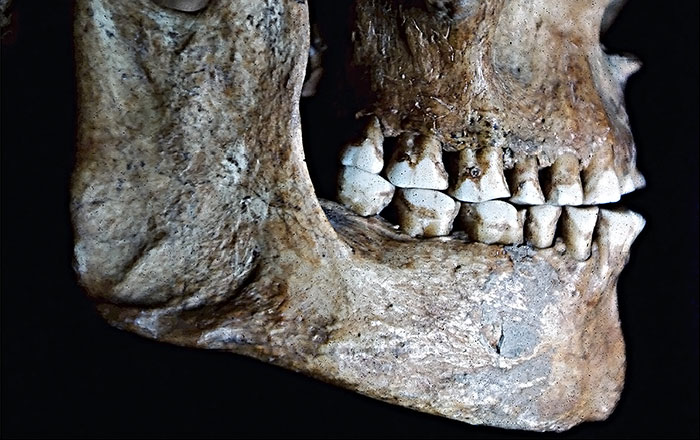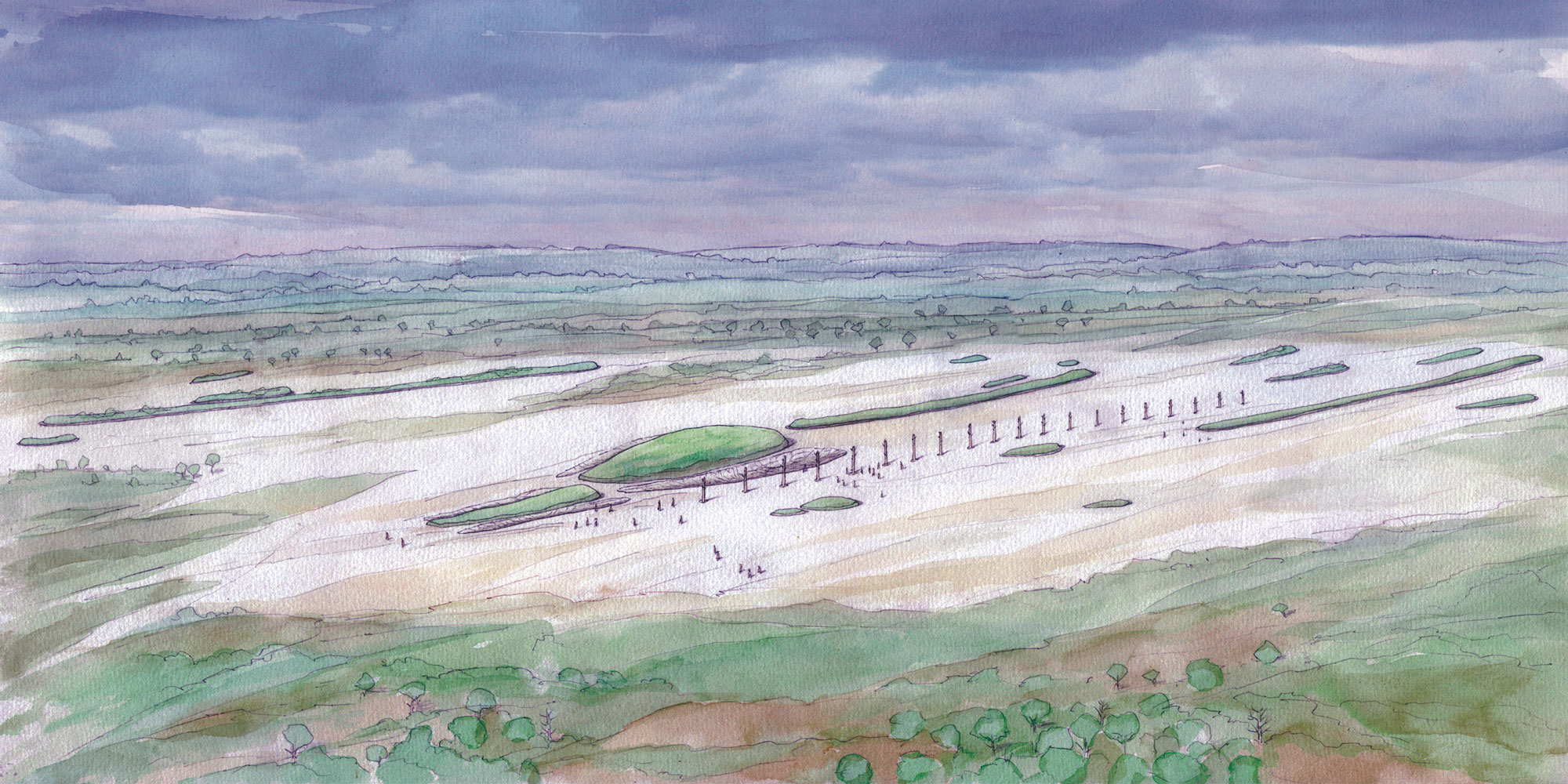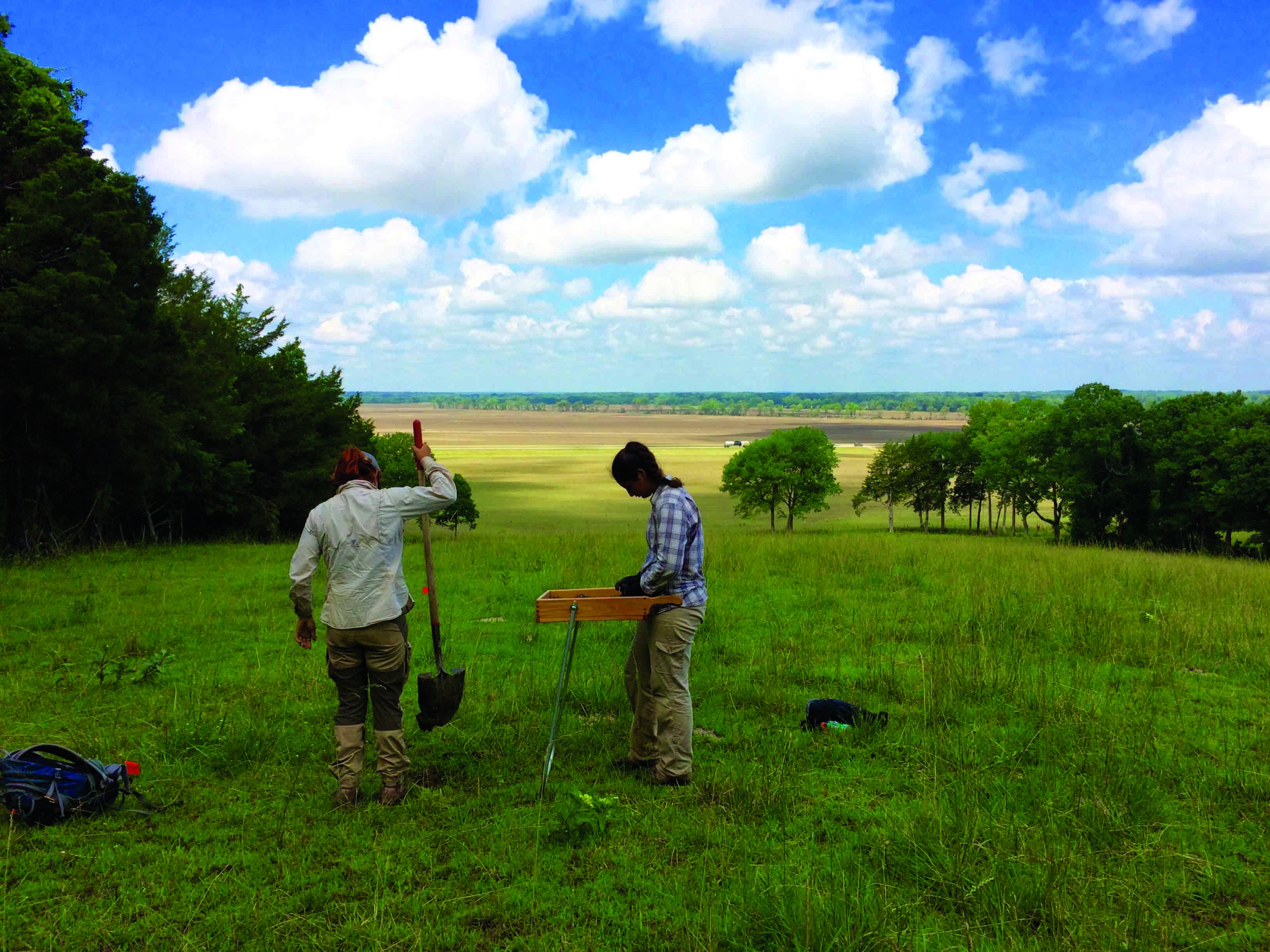
UPPSALA, SWEDEN—According to a statement released by Uppsala University, a new genetic study suggests that farming was introduced to northwestern Africa by Neolithic migrants from Europe and the Levant. Archaeological evidence indicates that the transition from hunting and gathering to farming occurred in northwest Africa some 7,400 years ago. When an international team of researchers led by Luciana Simoes of Uppsala University analyzed genomes from human remains recovered in Morocco and northwestern Africa, they found that the population of the local foragers had been isolated for at least 8,000 years. But the researchers detected a genetic ancestry related to the first European farmers in North African remains dated to about 7,500 years ago. “Inspired by their new neighbors, within a few hundred years, the local foragers started to change their way of life to farming and the two groups lived side by side for at least another century,” said Cristina Valdiosera of the University of Burgos. Then, some 6,300 years ago, the genetic evidence suggests that a wave of pastoralists from the Levant arrived in the region. The three groups blended together by the Late Neolithic period, the researchers concluded. Read the original scholarly article about this research in Nature. To read about the advent of agriculture in Europe, go to "Europe's First Farmers."










